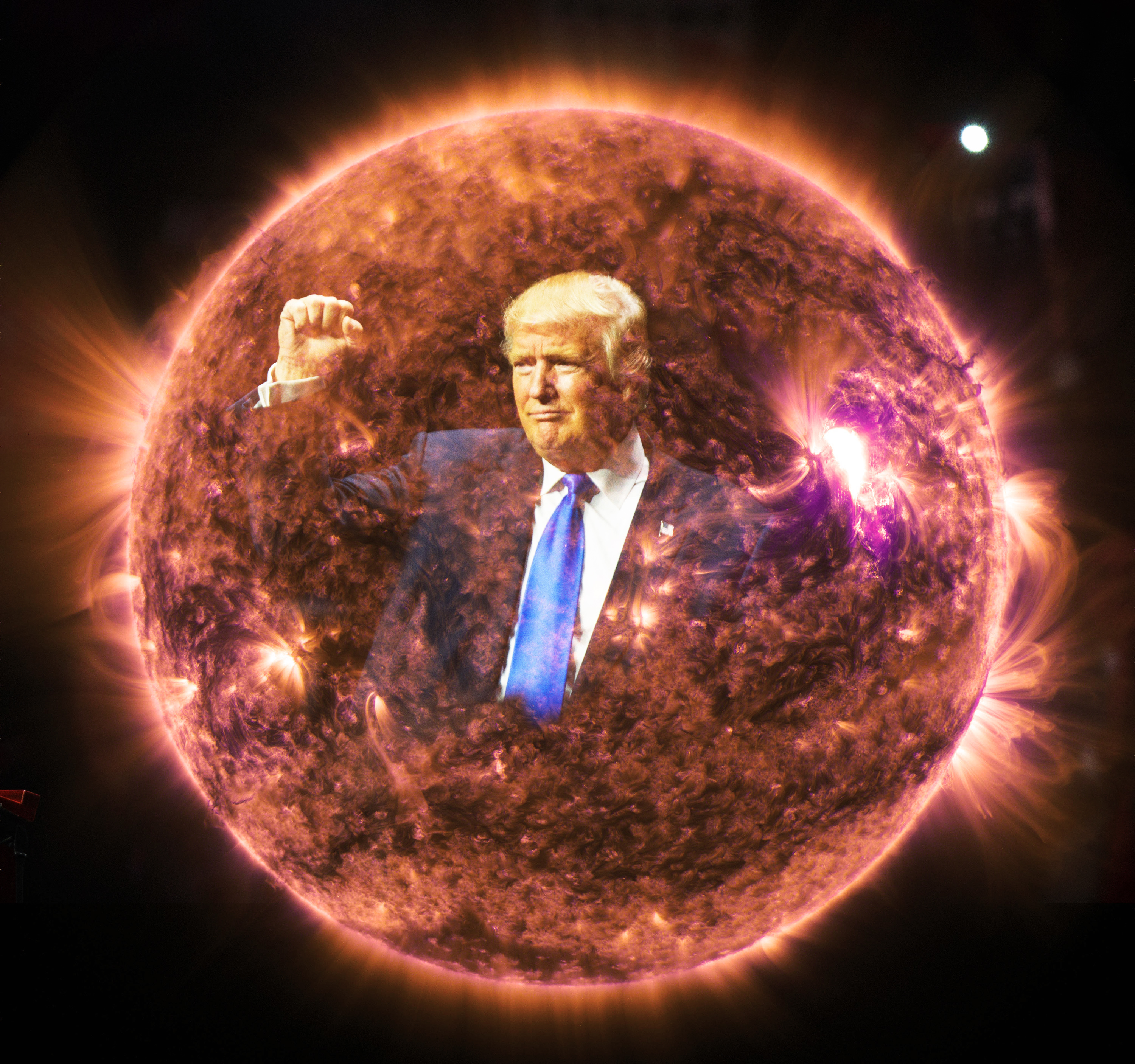
Posted on 02/23/2017 7:06:28 AM PST by C19fan
The International Astronomical Union currently defines a planet as:
"a celestial body that (a) is in orbit around the Sun, (b) has sufficient mass for its self-gravity to overcome rigid body forces so that it assumes a hydrostatic equilibrium (nearly round) shape, and (c) has cleared the neighborhood around its orbit."
A newly suggested definition takes a different approach:
(Excerpt) Read more at realclearscience.com ...

I don’t care as long as the boy planets and the girl planets know what they are...
Astronomy is actually physics intensive, though there are usually introductory courses that only require some basic math and are used to satisfy a science elective requirement for non-technical majors at universities.
The planet definition is probably just a way to get pluto back into the mix. Probably better to leave it a bit subjective in my opinion.
When you get right down to it, is it a star? what’s its orbit/trajectory? does it have an atmosphere?
Who cares what you call it, really, at that level.
More universes to come.
Great.
How many of them are section-8 ?

Soon to be portrayed by Kurt Russell.

Moving away in the upper right is fat @$$ Hildabeast in fast retreat.
A newly suggested definition takes a different approach:
“A planet is a sub-stellar mass body that has never undergone nuclear fusion and that has sufficient self-gravitation to assume a spheroidal shape adequately described by a triaxial ellipsoid regardless of its orbital parameters.”
Yes - now not only is Ceres and the Earth’s former Moon planets, but Pluto is baaacckkk ...
Naah! That’s one of them there assteroids.
Uh, look again. I think it is an assturd.
They went from absurdly capricious to far too broad. My objection is that it shouldn’t include moons, nor planets which are round only because they are ice balls. Here’s what everyone intutively defines planets as: Really big and in orbit around a star. So we need to find a definition of how big is big enough. “Large enough to clear their orbit” was a nonsensical defintion chosen to include Mercury and exclude Pluto, once they realized that their confident declarations that there was no Planet X were proven flatly false.
“Large enough to be in hydrostatic equilibrium” is good, but disliked by many because it’s difficult to tell from a distance why a planet is round.
A universally functional characteristic needs to be intrinsic. But any intrinsic property would be hard to observe from great distances (like hydrostatic equilibrium) or based in turn on something ELSE which is potentially arbitrary to that given planet.
I like “Large enough to retain an atmosphere,” as useful for space exploration, but Jovian moons are smaller than Mercury, but Mercury can’t retain an atmosphere because it’s so close to the Sun. Many of the easiest planets to find will be VERY close to their stars. But here’s the point: a planet the size of a Gallilean moon (one of the four Jovian moons discovered by Gallileo) will be VERY much worth studying; Mercury... not so much. So let’s stick to hydrostatic equilibrium.
(Besides, I’m guessing that’s why they called the Death Star “a moon” at first.)
“once they realized that their confident declarations that there was no Planet X were proven flatly false.”
There is no planet X. That was an erroneous prediction based upon some incorrectly recorded observational data. That’s it. I enjoy listening to coast to coast AM at night sometimes, but there is no planet X.
Make it easier on them. A planet is a planet if it was recognized as such by Isaac Newton. Then there are only 6 names to know--Mercury, Venus, Earth, Mars, Jupiter and Saturn.
There goes all the chuckling when Uranus is mentioned.
There have been ridiculous assertions as to the nature, behavior and significance of “Planet X.” But the name refers to simply the existence of a tenth planet. And there is a tenth planet, according to the definition of a planet when they declared there was no tenth planet. It’s named “Eris.” When Eris was found, they kept the news secret until they could change the definition of a planet, then they announced its existence.

I thought Planet X was involved in some kind of conspiracy with Planet Y and Planet Z—the XYZ Affair. But Planets Y and Z turned state’s evidence so Planet X got all the blame.
Disclaimer: Opinions posted on Free Republic are those of the individual posters and do not necessarily represent the opinion of Free Republic or its management. All materials posted herein are protected by copyright law and the exemption for fair use of copyrighted works.